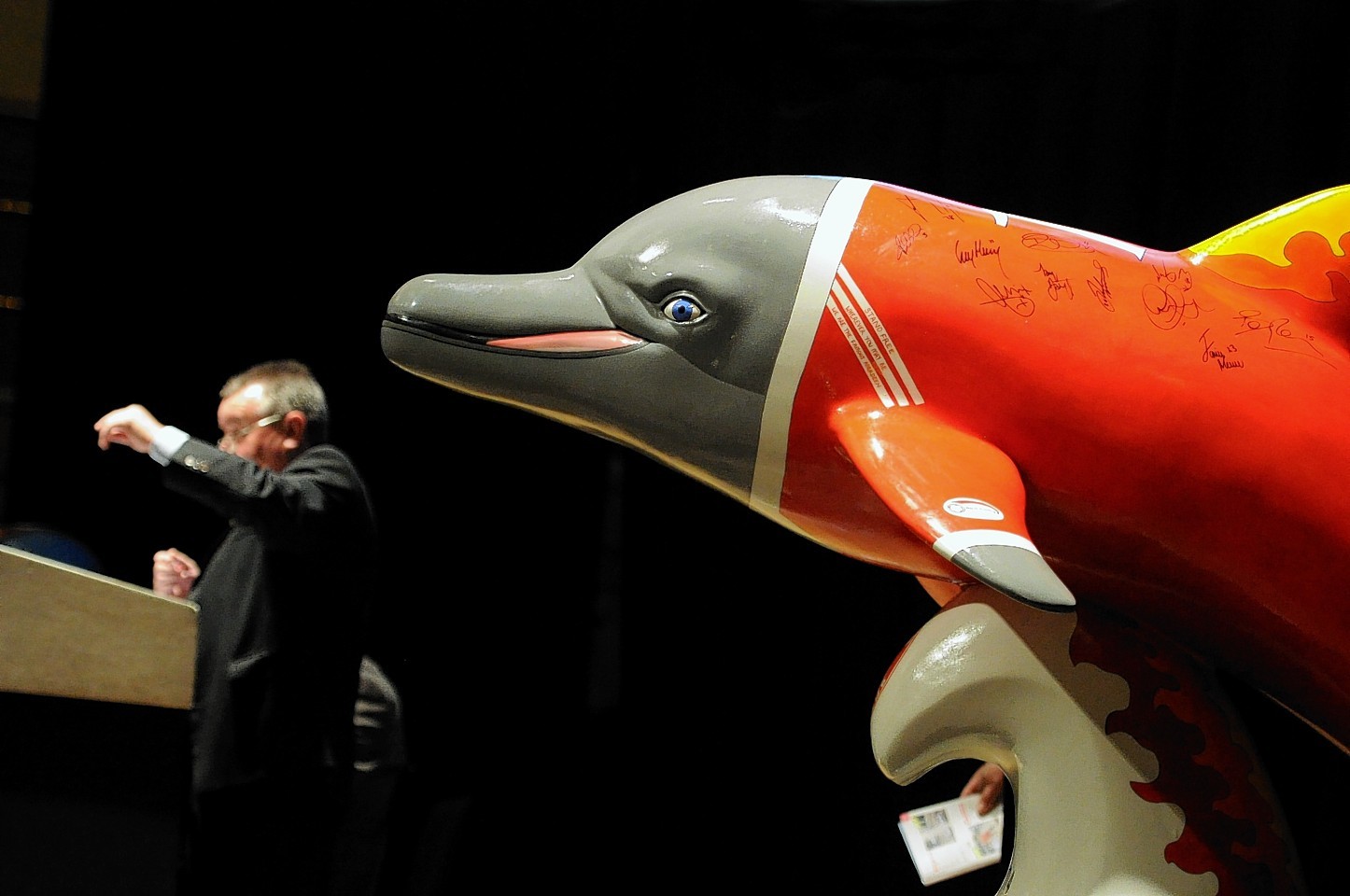From a bidding war over a weekend at a luxury spa to a fierce battle over an exclusive signed football shirt, a charity auction is a great way to have fun and raise much needed funds for a good cause.
There are often five-star items up for grabs, or once in a lifetime opportunities and priceless experiences.
But after the adrenaline has worn off and all bids are accounted for, a question you may ask is: “Can I get tax relief?”
Many companies will use auctions to support charities and their corporate social responsibility agenda, and they are becoming an increasingly popular way of providing corporate entertainment for staff and clients.
Stuart Watson, director of taxation at Aberdeen accountancy firm Hall Morrice, warns it is important not to get carried away in the moment.
Some consideration should be given to how bidding for a luxury lot will sit with the taxman, he said.
Mr Watson added: “Auctions are an excellent way for charities to raise the money they need and they offer a great chance to win some fantastic, exclusive items.
“Many people can get swept up in a charity auction, especially if they believe it is tax deductible, but they need to be aware that it can be a complex process.
“HM Revenue & Customs (HMRC) has a dedicated policy on charity auctions.
“There is a very strict rule that payment for an item at an auction is not a donation and, therefore, not a gift to the charity that would be subject to tax deduction.
“However, HMRC recognises that sometimes payments made for goods and services at charity auctions will intentionally be more than their retail value – especially if two people get carried away with a bidding war.
“In this circumstance, HMRC will treat part of the payment as a gift aid payment – providing all the standard requirements have been met and the benefit to the successful bidder doesn’t exceed certain limits.”
Gift aid increases the value of payment to charities by allowing them to reclaim the basic rate tax on the final auction price.
If the winning bidder pays the higher rate tax of 40%, they may be able to claim relief on part of their donation through their self-assessment tax return up to limits imposed by HMRC.
Mr Watson said: “There is a separate rule for experiences or items that are not commercially available.
“For example, someone could bid £500 for an Aberdeen FC football top and potentially claim gift aid on part of the payment, but if it is signed by the whole team it is not a commercially available item and it will not qualify for gift aid.
“The rule of thumb is that if the item is commercially available, the cost may qualify for gift aid – in part at least – but if it isn’t commercially available then it won’t.”
He added: “There are a number of complex rules and exceptions and it may not be as straight forward as it looks.
“If in doubt then speak to your accountant as they can offer a tailored advice for those who already know what is on offer and what their highest bid will be.
“At the end of the day, charity auctions are about raising money for a great cause and being able to purchase some fantastic experiences.
“Businesses often put up once-in-a -lifetime prizes for these events, and it can be tempting to go overboard.
“My advice would be set your limit and stick to it – any money you can claim back is a bonus.”
